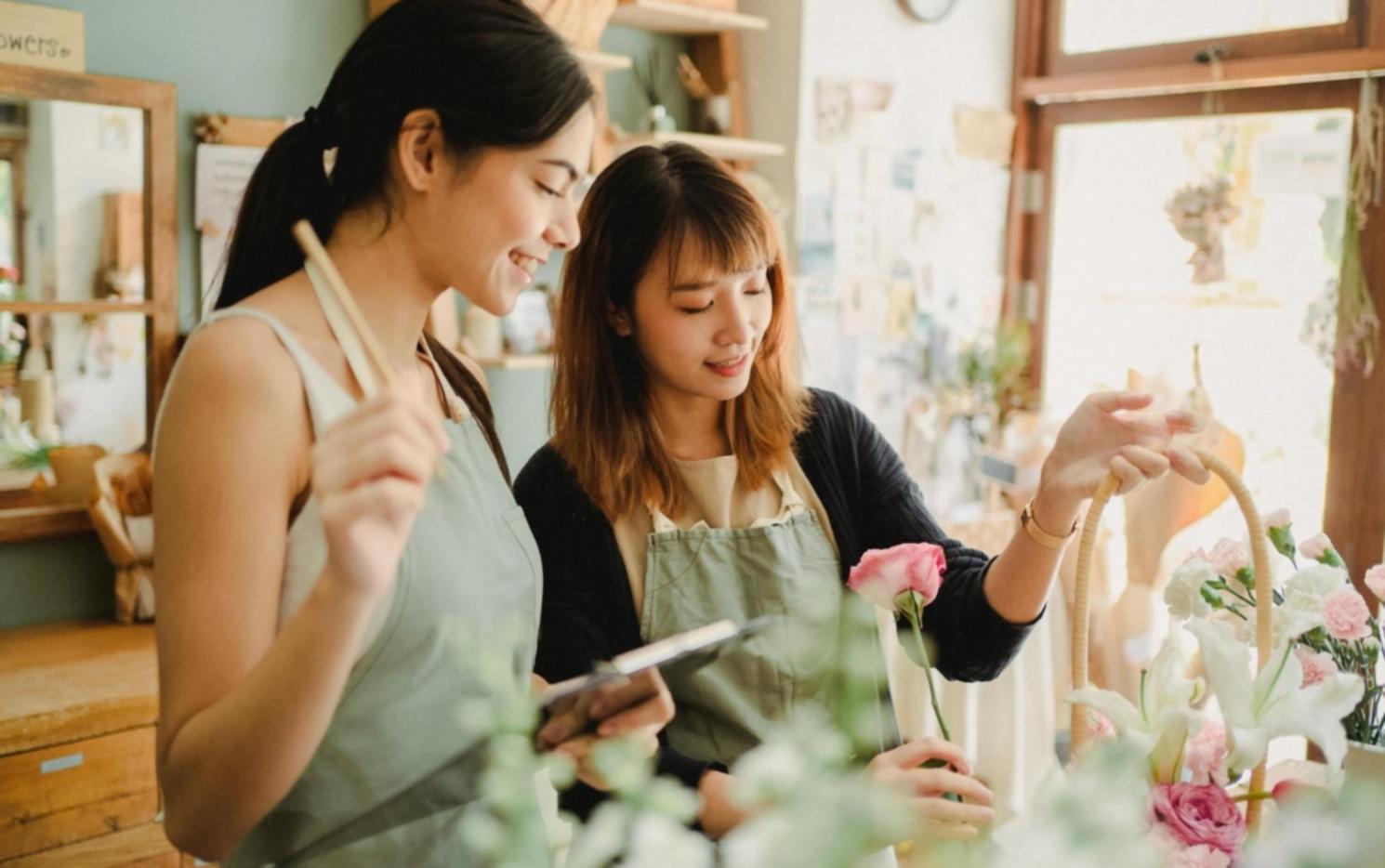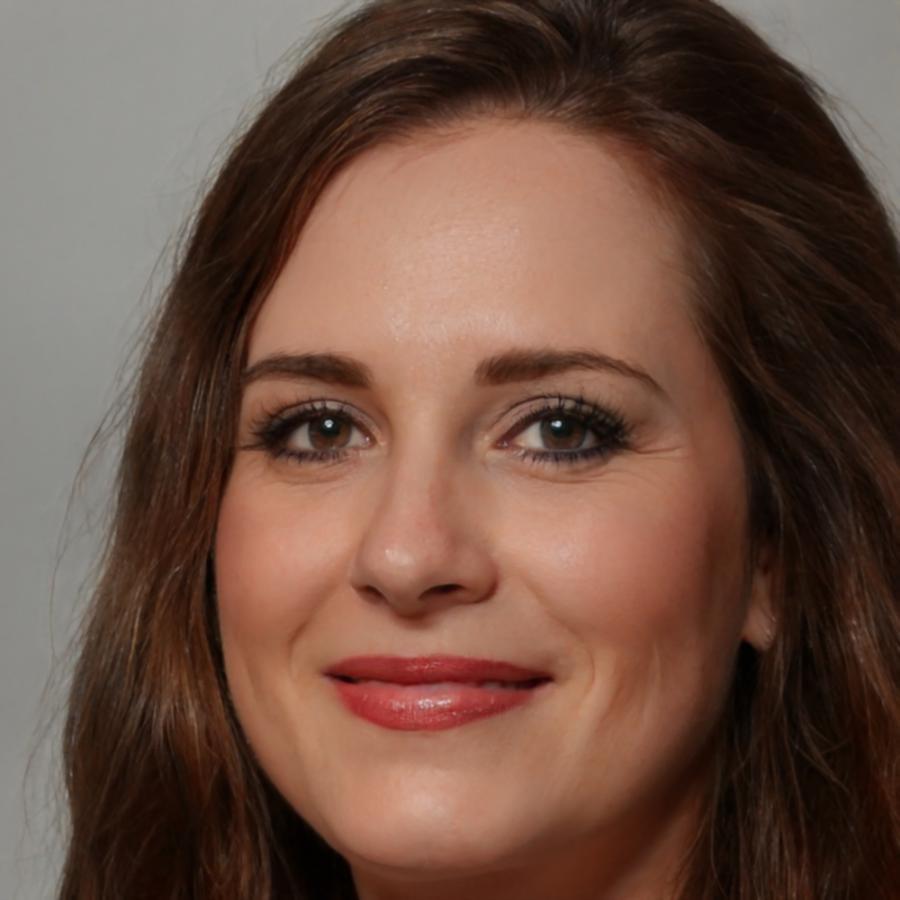Creating Events That Respect Tomorrow
We've been rethinking how floral events affect the environment since we started five years ago. Every arrangement we create in Baku considers not just the immediate beauty, but what happens after the celebration ends.
Why We Changed Our Approach
Back in 2020, we realized something wasn't sitting right. Beautiful events were creating mountains of waste. Flowers imported from thousands of miles away. Single-use decorations ending up in landfills before the week was over.
So we started making different choices. Working with growers in Azerbaijan's regions who cultivate seasonal blooms. Designing installations that venues can reuse or clients can take home. Finding suppliers who share our thinking about waste reduction.
It hasn't always been straightforward—sometimes clients want specific flowers that aren't in season locally. But the conversations have gotten easier as more people understand why these choices matter for events happening in 2025 and beyond.

What We Actually Do Differently
Regional Flower Networks
We've built relationships with growers in Quba, Masalli, and Lankaran regions. Most arrangements now feature flowers that traveled less than 200 kilometers instead of being flown across continents.
Reusable Installations
Our modular designs work across different venues and can be repurposed for multiple events. Clients often keep structural elements for home decoration long after their celebration ends.
Composting Partnerships
Every organic element gets sorted properly. We work with urban farming projects around Baku who welcome our post-event materials for composting rather than sending everything to waste facilities.
Container Systems
Instead of disposable foam bases, we use returnable containers that circulate through our inventory. Some pieces have been to fifty events over the past three years.
Seasonal Design Planning
We guide clients toward flowers that naturally bloom during their event dates. Spring weddings feature different palettes than autumn celebrations, working with nature rather than against it.
Transport Efficiency
Route planning means we're not zigzagging across the city for single deliveries. Multiple events in the same area get coordinated setup times to reduce unnecessary trips.

The Changes We've Measured
Since shifting our practices in 2023, we've tracked some interesting changes. About 70% of our flowers now come from Azerbaijan suppliers. Our waste sent to landfills dropped by roughly half. And setup times actually got faster once we refined the reusable systems.
More interesting than the numbers—clients started requesting these approaches. What began as our initiative became something people specifically asked for when planning their events.
We're looking at expanding these practices through 2025 and into 2026. There's potential to work with more regional growers and develop even better reusable design frameworks. The conversations with venues about composting infrastructure keep improving too.
"I appreciated that FutureScope didn't just make claims about sustainability—they showed me exactly where each flower came from and what would happen to the arrangements after our event. That level of transparency made the decision easy."

